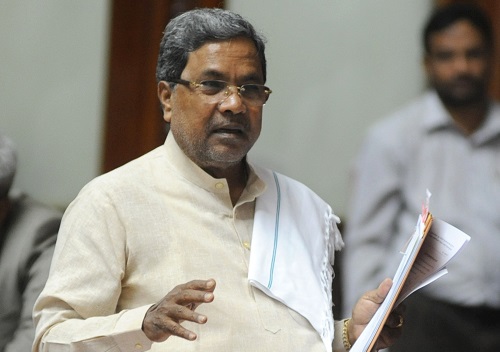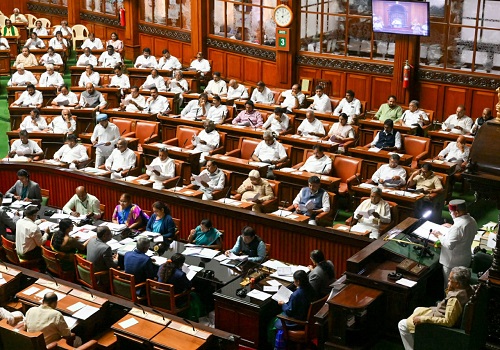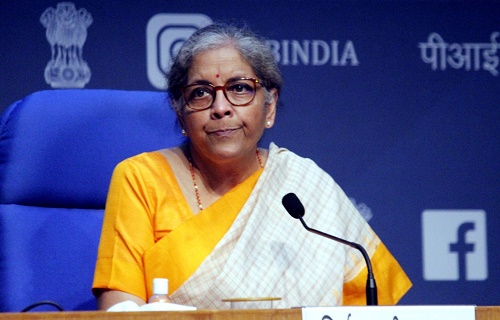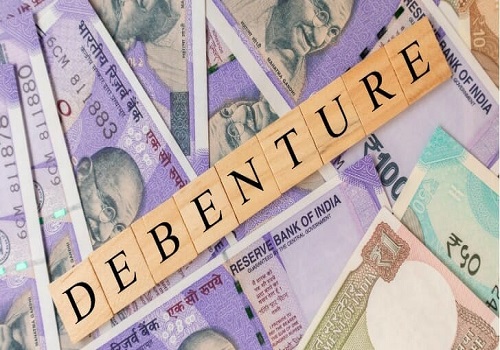Frontloading infra spend could bring faster growth: Crisil
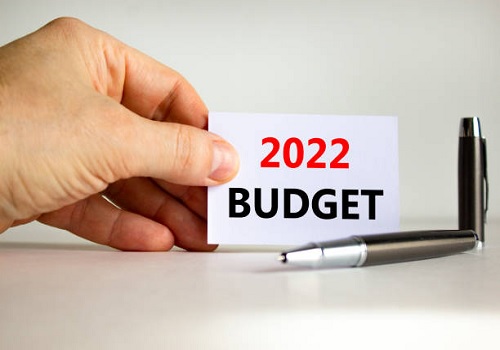
Follow us Now on Telegram ! Get daily 10 - 12 important updates on Business, Finance and Investment. Join our Telegram Channel
India's Union Budget FY23's investment led push in infra sector is expected to usher in faster economic growth, ratings agency Crisil said.
The majority of Budget 2022-23 massive Capex outlay -- Rs 7.50 lakh crore -- will be spent on infrastructure development.
Besides, the budget steered clear from a definitive consumption push to support economic recovery.
Instead, it batted for investment spend, with an eye on the medium term.
"On the one hand, the lift in the consumption cycle is now tied to a broad-based pick-up in economic activity, which the government is trying to engineer through a focus on investments," it said.
"Pursuing this path would enhance the growth potential and, it is hoped, will bring endurance to growth in the medium term."
However, it pointed out that in the short terms, refraining from giving a direct consumption support could keep the pace of economic recovery slow.
Notably, the latest National Statistical Office (NSO) estimates for India's GDP for this fiscal indicate that household consumption demand is lagging fiscal 2020 levels by 2.2 per cent.
"That makes it the worst performer among the demand components of GDP post-pandemic. To boot, private consumption was already slowing before the pandemic. It is a similar story with household incomes."
"The current consumption slowdown also stems from the pandemic-induced income inequality. So, some direct support to consumption and incomes could have provided a faster lift to growth, besides providing people the means to survive."
Moreover, consumer sentiment is an important cue for firms embarking on investment.
"Thus, policy support to ensure a sustained revival in consumption in this budget would also have incentivised manufacturers to invest in expanding capacities to meet what they perceive as rising demand."
"The stage is otherwise set for an investment revival, large capex push by the government which would crowd in private investment, soft lending rates, other government policy measures such as the PLI scheme, and healthier corporate balance sheets."
Furthermore, increased allocation for labour-intensive schemes such as the 'PM Awas Yojana', 'PM Gram Sadak Yojana' will support incomes consumption.
"From that perspective, the next fiscal should see the rural economy lead the recovery in consumption, with majority of these schemes benefitting the hinterland. Similarly, higher allocation for 'National Highways Authority of India' (NHAI) also favours employment creation."


















